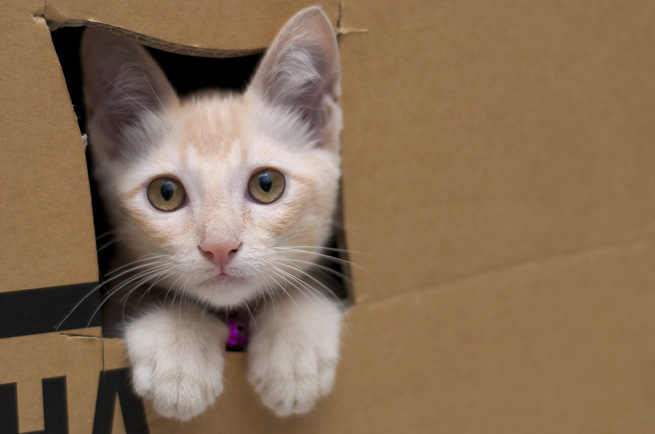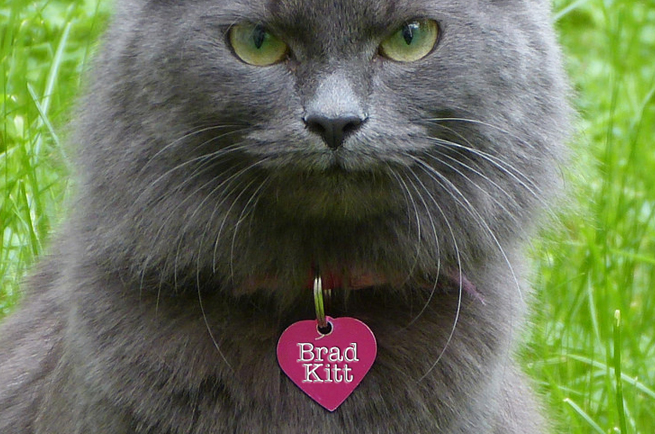How to decide on the name for your cat
Picking a name is one of the first decisions a cat owner makes. It’s important to find one that really suits your new feline friend as you’re going to be using it for a long time.
11 Jan 2017 By Andrew Clarke Comments
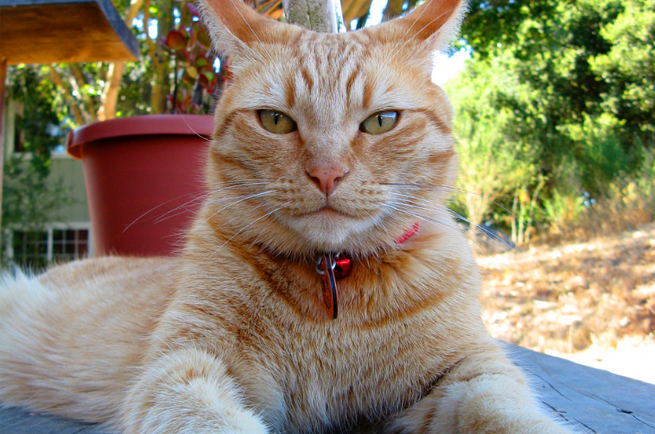
Here are some ideas to get you started:
- Examine the physical characteristics of the cat. For example, markings on its feet might make “Boots” or “Socks” a cool name; a patch over one eye could make “Pirate” a perfect name.
- The breed of the cat can also provide you with inspiration. Siamese cats were famously popular in ancient Egypt so you could use a name like Cleopatra or Isis. Russian Blues are originally from Russia and could be given Russian names.
- You can always name your cat after one of your hobbies, such as Cookie (if you like baking), Merlot (if you like wine), or even after your favourite authors, composers, or artists. Just make sure that the name you pick is something that you are comfortable with even in the years to come, as healthy cats typically live up to 15 to 20 years.
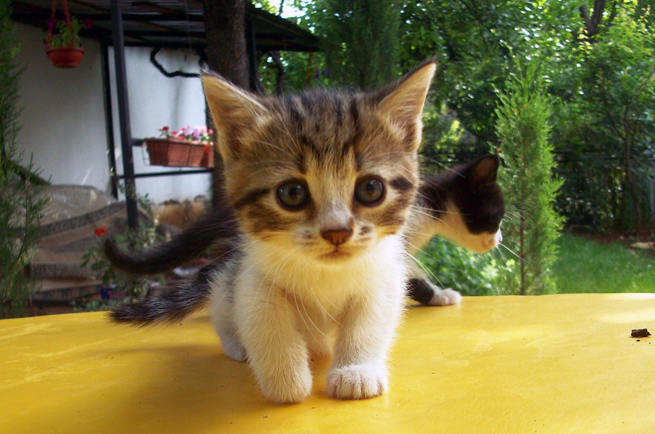
Important to remember
Make sure that the name you choose for your cat is something that you and your family are comfortable with. You will all be spending a lot of time with the cat and it’s important that you all use the same name, otherwise this just gets confusing.
If you are giving your cat a long name, make sure you pick one nickname. Calling your cat by too many nicknames can be very confusing for them.
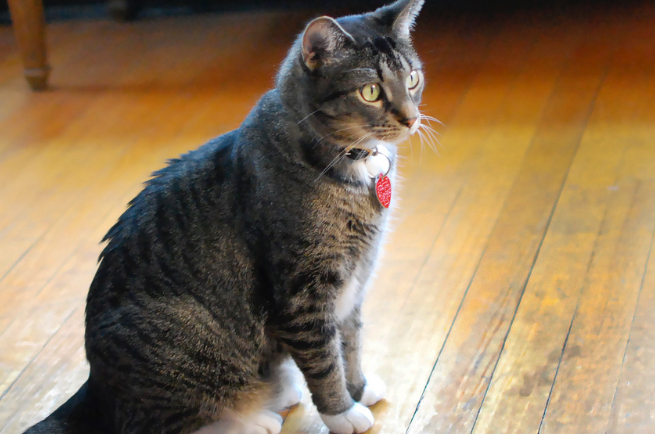
Avoid names that can be potentially embarrassing or insulting. Never use names with curse words, rude slang, or cultural and racial slangs. “Fatty” might suit your cat, but it’s not polite to call into the street when it’s time for their dinner.
If you have more than one pet, don’t choose a similar sounding name as this can lead to confusion not just in the household but also for the animals themselves.
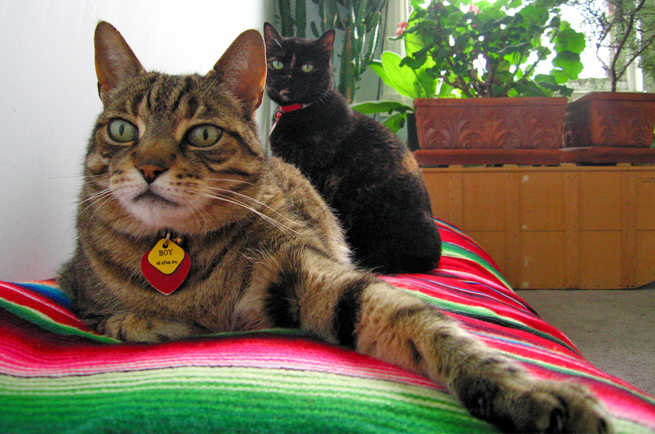
What’s in a name
- Cats can easily and quickly learn a one- or two-syllable name.
- Pick a distinct first syllable to easily grab their attention.
- Avoid names that start with vowels as cats find these indistinguishable from normal human chatter, meaning your cat is less likely to respond to their name.
- Longer, drawn-out vowels can catch the feline’s attention faster. Studies show that names with a long “e” sound at the end such as “Fluffy” or “Mickey” appeal most to our feline friends.
- Cats typically pay more attention to the way you say the name, rather than the actual name itself.
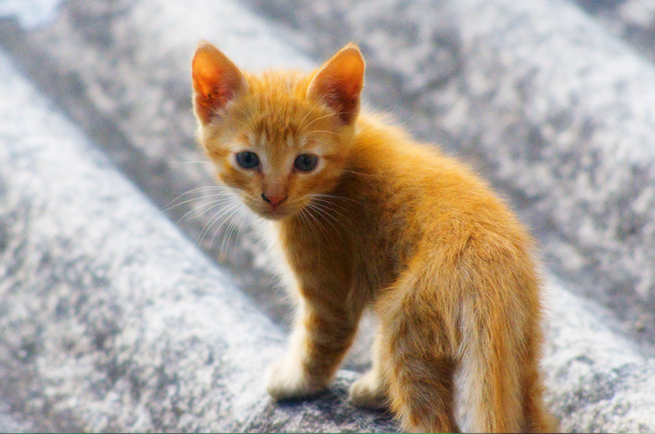
11 Jan 2017 By Andrew Clarke Comments
comments powered by Disqus


